Understanding the language, the culture, the movements, and the conversations that surround us

In last week’s episode of Education America, we welcomed back to the show a frequent guest, who, as it has turned out, also is one of our favorites. Katherine Kersten has been a lifelong contributor to good conversations with both a depth of knowledge and a profoundly impacting ability to communicate. The combination of these establish her credibility even when tackling the most difficult and controversial topics.
In our most recent conversation with her, Katherine’s gave us insight into the adversarial culture in which we find ourselves, and she was able to tell the story of our cultural trajectory, putting it into a moral, historical, and even global context. By looking at the similarities between the deadly ideologies held by tyrants like Mao Zedong and the modern, woke, and “progressive” ideologies of many who are seeking to infiltrate our classrooms with toxicity, we’re able to see, once again, that the conversation we’re having about the classroom and the direction of our country is much different than the one our opposition is having.
Circulating on the airwaves and in the textbooks of our nation is a very real and deep contempt for our culture, being felt and fleshed out by our own citizens. This contempt is causing deep and wide chasms between people, and when those gaps form, they are entered and become owned by power-hungry people with an agenda to redefine truth and misalign people. It’s no different than what happened in times past, like what you saw with a Lenin or Zedong. And as Rebekah Hagstrom states in this episode, “History is quickly repeating itself.”
Woke culture’s unwillingness to acknowledge progress in the areas of race and reconciliation in our country is based partly in denial but mostly in refusal. Assumptions are planted into the foundations of the conversations that ignore facts, alter realities, and promote ideologies. These assumptions say things like “Our classrooms are captive to white supremacy” and “Equality means reparations, and reparations are defined as…” These assumptions and ideologies subsequently begin shaping our curriculum and we’re defining success by students’ ability to adhere to them.
The battle for our classrooms is not a losing one. We’re not the underdogs in this fight and we see no evidence that the sky is falling. That does not mean, however, that there is no urgency in our message. The time to act is now. The time to be informed is now. We engage in this discussion with Katherine Kersten and in discussions like them with hope, as we see an uprising of good thinkers bringing good ideas to light.
To listen to this most recent episode, click here.
Join us online or on the air every week, as we continue our work to save the classroom and save the country.
